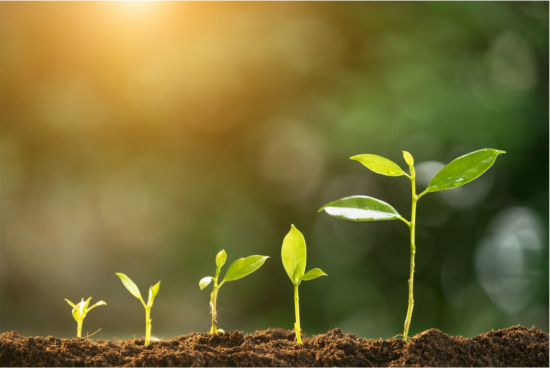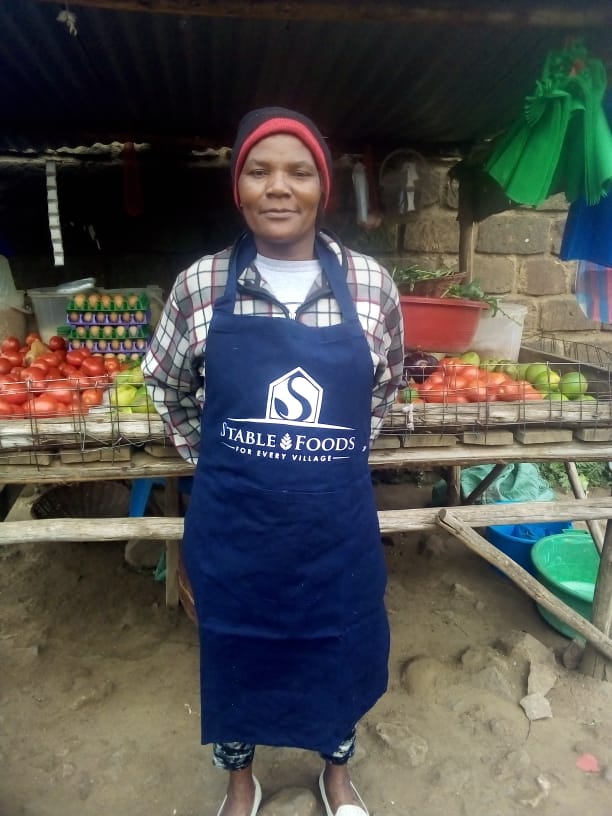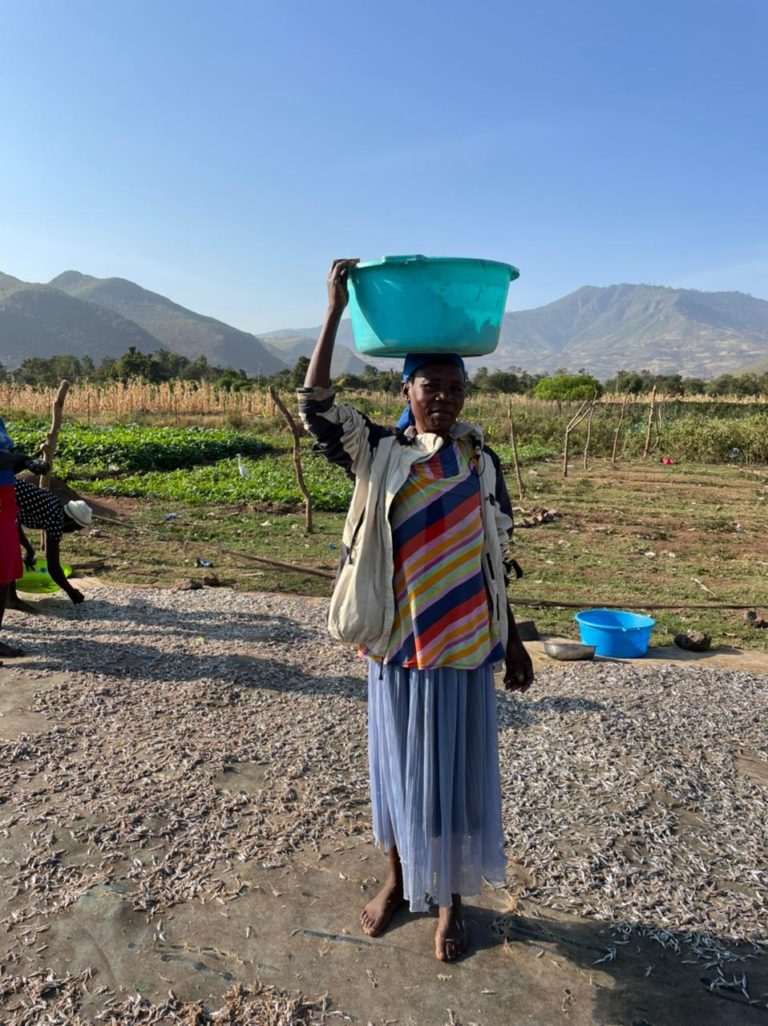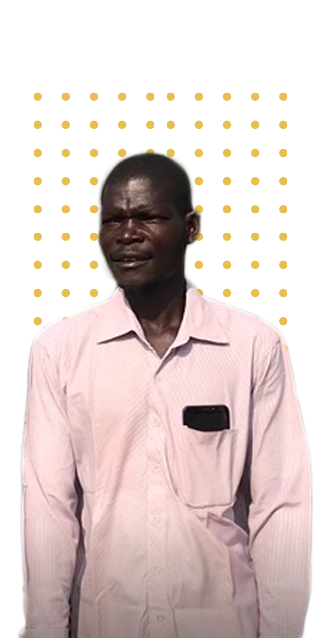Our Portfolio

Our Mission
Our mission is to build an ecosystem of sustainable agrifood businesses that can feed a growing population while restoring our planet. Our goal is to launch multiple ventures per year.
We start with a radical idea that will drastically reduce the cost of food production, for people ánd for the planet. Ideas are evaluated through a disciplined, data-driven process, including rapid product-market fit testing on the ground. We build fast, and match talent with our validated ventures to rapidly scale up.

Our Ventures
Stable Foods
Smallholders comprise most of African food production, but are trapped in a negative cycle that damages themselves and the planet. They are vulnerable to adverse weather events and climate change, lack capital to invest in the productivity of their land and have limited access to and bargaining power with offtakers. To increase their subsistence income, they often cut down trees to access more land. The result? High food prices and a high rate of deforestation.
Stable Foods unlocks smallholders’ potential at scale to produce affordable food for a growing population. To increase yields, Stable Foods offers smallholders an ultra-low-cost, climate-resilient “Irrigation-as-a-Service’-subscription. This package also includes inputs and regenerative agriculture practices. Post harvest, Stable Foods provides smallholders access to proven local-to-local sales channels, reducing spoilage, storage and distribution costs. Through its sales channels, Stable Foods’ provides thousands of market women (“mama mbogas”) with affordable, fresh produce, available every day.
Stable Foods is designed around the learnings and successes of Victory Farms, Africa’s most rapidly growing and most sustainable end-to-end fish protein value chain solution. Stable Foods’ co-founder is the CEO/Founder of Victory Farms.
- Affordable food: 30% reduction in end consumer price for vegetables and fruits; last-mile availability in Tier 2 and Tier 3 towns
- Climate: Climate-resilient smallholder model; Regenerative agriculture practices; Yield increase on current land to prevent further deforestation
- Venture Stage: Revenue stage with production and sales in Western Kenya


Afriprotein
High soybean prices result in expensive animal feed, leading to high food prices. As a result, in many parts of Sub Saharan Africa, people are consuming only 10-20% of WHO-recommended levels of animal protein intake. An East African indigenous bush with a high protein content presents a lower-cost substitute for soybeans. If our feed trials are successful, growing this novel ingredient for animal and human consumption globally presents a significant smallholder opportunity
- Affordable food: ~50% cheaper than soybeans
- Climate: This indigenous bush is nitrogen-fixing and restores degraded land; Substitute for soybeans
- Venture Stage: Production launched in Feb 21, first (and ongoing) harvest Aug 21, fish feed trial starting this year, revenues expected in 2022

Womega
The consumption of omena, a sardine-like fish rich in omega-3, calcium and vitamin D, is key to food security due to its small sales size affordable to low-income earners, and represents a growing US$ 1bn market across Sub-Saharan Africa. Yet those involved in the catch and processing of omena in all the three countries around Lake Victoria can barely uphold a sustainable livelihood.
At night, hundreds of thousands of fishermen go out on the lake to catch the little fish, representing >70% of the lake’s total landings. In the early morning, millions of women buy the fish, often having to engage in sex-for-fish trade to secure their omena supplies, contributing to HIV rates as high as 50% among women in certain age groups. The women manually dry their omena on sand, rocks or nets. As a result, dirt ends up in the product rendering up to 80% of substandard quality suitable for animal consumption only. Direct UV radiation reduces the level of Omega-3 fatty acids. And when it rains, all harvest is lost. Post-harvest losses stand at 20-50%.
Womega lifts the entire sector to a new level by reimagining the omena value chain based on our deep understanding of local fishing communities and fish protein value chains. Through an end-to-end approach, Womega doubles the nutritional value from current catch levels while lifting millions of individuals out of poverty.
- Affordable food: Increasing availability of affordable protein; Reducing current loss of nutritional value
- Climate: Doubling nutritional value from current wildcatch levels; Improving sustainability of wildcatch is essential to reduce pressures on wild stocks of fish
- Venture Stage: Proof of concept phase


Why Alex joined Stable Foods
I started farming right after primary school. It was a difficult business as sometimes I had success, but other times my crops failed. Especially the school fees for my eight children were very difficult to pay. When I was introduced to Stable Foods, I discussed the partnership opportunity with my family and decided to join. We have seriously benefited! I now earn a stable, predictable income. I have learned so much from Stable Foods about farming. I was the first partner for Stable Foods, and I am excited to convince other farmers to join and together grow the economy of our region.

Alex Ojwang
First smallholder partner Stable Foods
